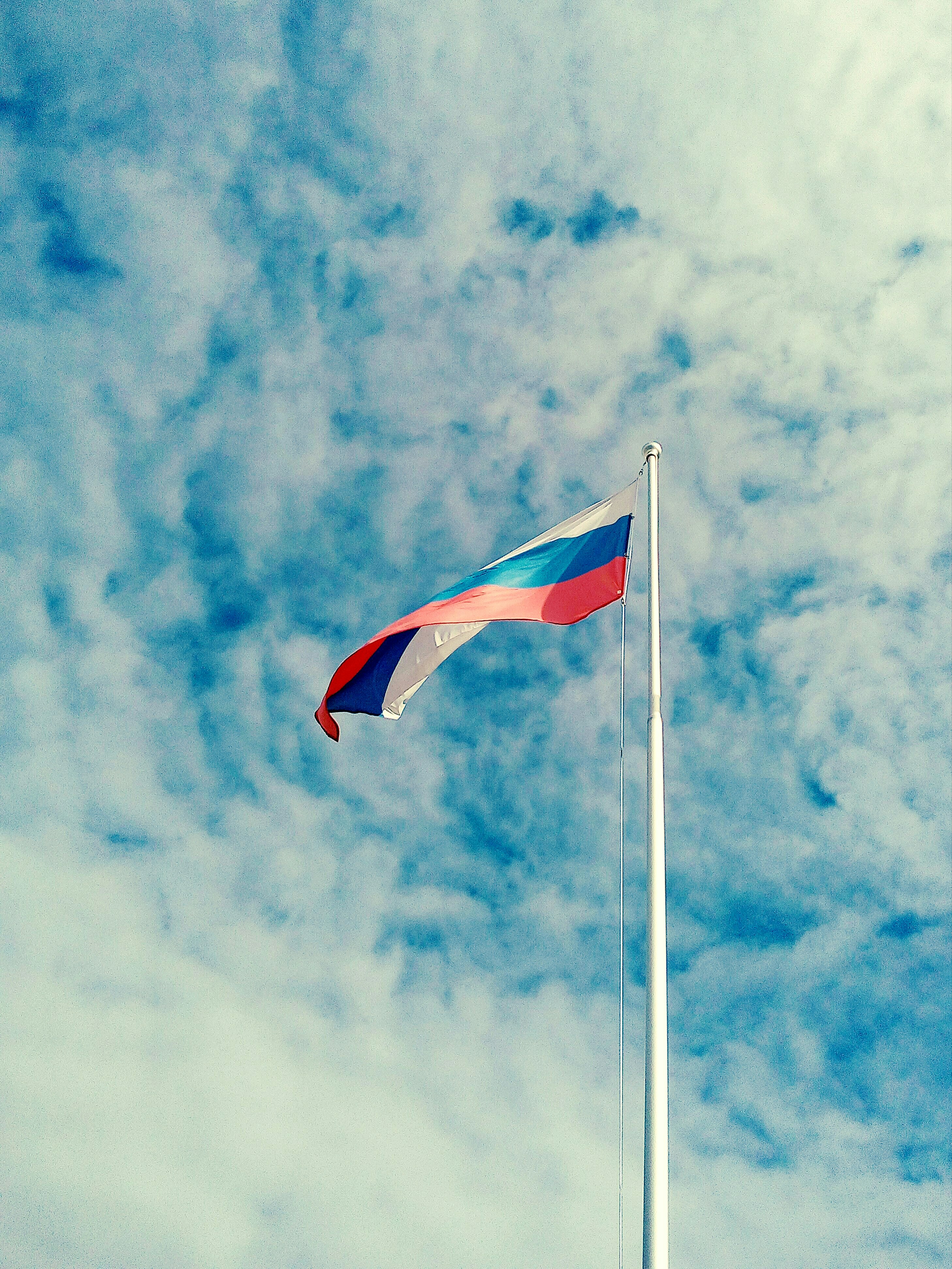
Context of the Victory Day Celebrations
The Victory Day celebrations in Moscow on May 9th are a longstanding tradition, commemorating the Soviet Union’s victory over Nazi Germany in World War II. Each year, Russia hosts an elaborate parade, showcasing military prowess and honoring those who fought for victory. However, not all nations participate, and significant geopolitical factors can influence attendance.
India’s Official Stance
Recently, Kremlin officials have confirmed that India will not be attending this year’s Victory Day celebrations in Moscow. This decision highlights the evolving diplomatic relations and the complexities surrounding international participation in such events. Considering the current geopolitical climate, India’s absence may signal a shift in its diplomatic strategy and indicate a cautious approach towards its international alliances.
Implications of India’s Decision
India’s choice to skip the celebrations reflects a broader context where numerous countries reassess their relationships and commitments on the global stage. The reaction to India’s absence from the Victory Day parade may resonate through diplomatic channels, potentially affecting future cooperation with Russia and other nations. As global dynamics continue to shift, this decision opens up discussions about the impact of international events on diplomatic relations.
Discover more from Techtales
Subscribe to get the latest posts sent to your email.